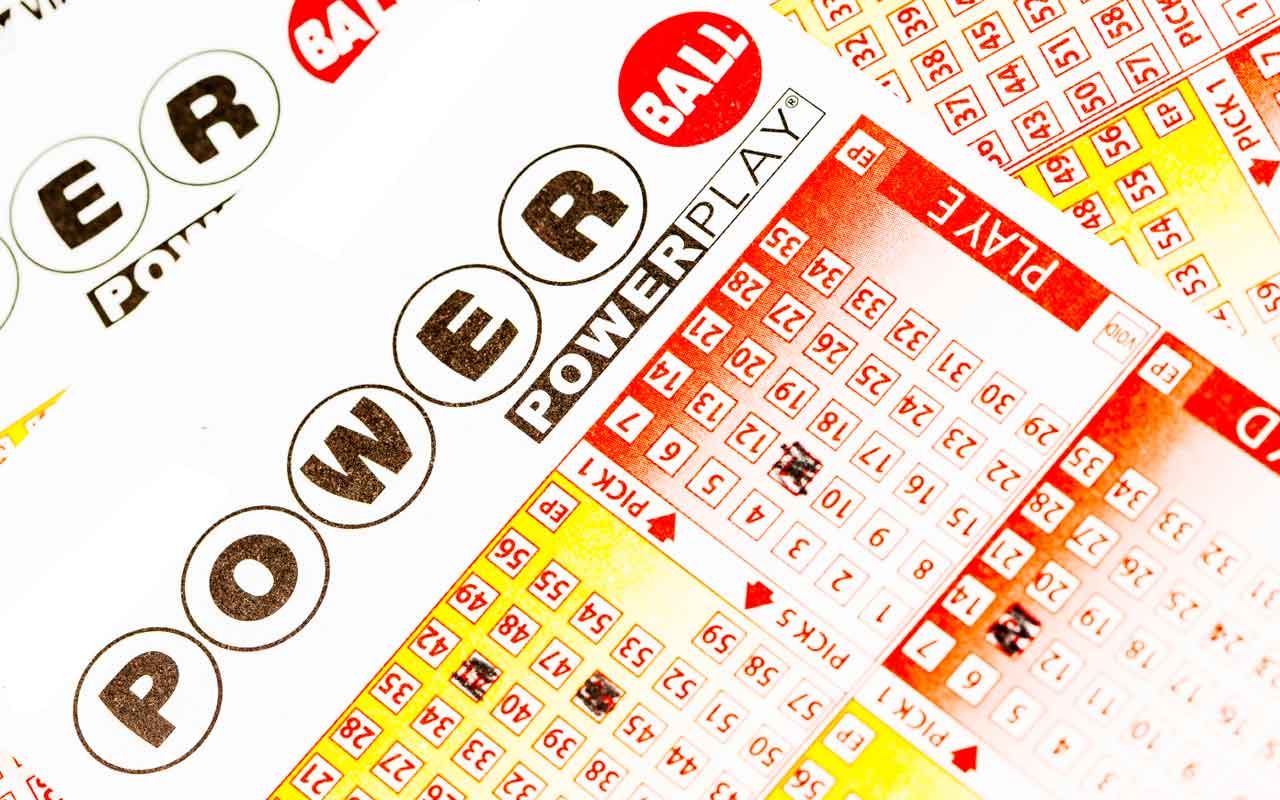The Power of Power of Attorney
This document will help you manage your parents' finances when they no longer can.

Profit and prosper with the best of Kiplinger's advice on investing, taxes, retirement, personal finance and much more. Delivered daily. Enter your email in the box and click Sign Me Up.
You are now subscribed
Your newsletter sign-up was successful
Want to add more newsletters?

Delivered daily
Kiplinger Today
Profit and prosper with the best of Kiplinger's advice on investing, taxes, retirement, personal finance and much more delivered daily. Smart money moves start here.

Sent five days a week
Kiplinger A Step Ahead
Get practical help to make better financial decisions in your everyday life, from spending to savings on top deals.

Delivered daily
Kiplinger Closing Bell
Get today's biggest financial and investing headlines delivered to your inbox every day the U.S. stock market is open.

Sent twice a week
Kiplinger Adviser Intel
Financial pros across the country share best practices and fresh tactics to preserve and grow your wealth.

Delivered weekly
Kiplinger Tax Tips
Trim your federal and state tax bills with practical tax-planning and tax-cutting strategies.

Sent twice a week
Kiplinger Retirement Tips
Your twice-a-week guide to planning and enjoying a financially secure and richly rewarding retirement

Sent bimonthly.
Kiplinger Adviser Angle
Insights for advisers, wealth managers and other financial professionals.

Sent twice a week
Kiplinger Investing Weekly
Your twice-a-week roundup of promising stocks, funds, companies and industries you should consider, ones you should avoid, and why.

Sent weekly for six weeks
Kiplinger Invest for Retirement
Your step-by-step six-part series on how to invest for retirement, from devising a successful strategy to exactly which investments to choose.
Some day your parents may no longer be able to handle their finances on their own. Before that day comes, you need to have the right legal documents to help them manage their money when they can't.
The most important document you will need is power of attorney. It's like the key to a car -- without it, you can't drive, says Stephen J. Silverberg, an elder law attorney in Roslyn Heights, N.Y., and immediate past president of the National Academy of Elder Law Attorneys (NAELA). However, unlike taking away the car keys when your parent should no longer be driving, you can't wait until mom or dad doesn't have the mental capacity to handle financial transactions to get this document. For a power of attorney to be valid, your parent must be competent when he or she signs it.
Power of attorney lets you handle any financial transaction for your parents -- from signing checks to selling their home. Make sure you have durable power of attorney, which takes effect immediately. A springing power of attorney will not take effect until your parent is deemed incompetent.
From just $107.88 $24.99 for Kiplinger Personal Finance
Become a smarter, better informed investor. Subscribe from just $107.88 $24.99, plus get up to 4 Special Issues

Sign up for Kiplinger’s Free Newsletters
Profit and prosper with the best of expert advice on investing, taxes, retirement, personal finance and more - straight to your e-mail.
Profit and prosper with the best of expert advice - straight to your e-mail.
If you have siblings, all of you can be given power of attorney, and the document can specify whether you must act together or independently. To prevent abuse by any one child, the document can build in oversight by requiring the power of attorney to answer to a third party. It also can limit powers to prevent you (and your siblings) from changing your parents' wills or beneficiary designations on life insurance policies. See Prevent Power of Attorney Abuse for more information.
The power of attorney should conform to the laws of the state (or states, if your parents divide their time between two) where your parents live. Silverberg recommends hiring an attorney who specializes in elder law to draft this document -- not someone who will just use a standard form that might not provide you with all the powers you need and the protections your parents deserve. You can search for an elder law attorney where you live on the NAELA Web site. The site also has questions to ask when selecting an elder law attorney.
To be clear, a power of attorney document is not a golden ticket. Many financial institutions and brokerages have their own forms that must be signed before you can gain access to your family member’s accounts. Also, be sure to give the institutions a copy (not original) of the power of attorney document soon after it is signed. If you wait years to do this, the institution may ask you to get your attorney to recertify the document (see Powerless Power of Attorney).
To learn more about managing your parents' finances when they can't, see my upcoming article in the October issue of Kiplinger's Personal Finance magazine.
Profit and prosper with the best of Kiplinger's advice on investing, taxes, retirement, personal finance and much more. Delivered daily. Enter your email in the box and click Sign Me Up.

Award-winning journalist, speaker, family finance expert, and author of Mom and Dad, We Need to Talk.
Cameron Huddleston wrote the daily "Kip Tips" column for Kiplinger.com. She joined Kiplinger in 2001 after graduating from American University with an MA in economic journalism.
-
 Dow Adds 1,206 Points to Top 50,000: Stock Market Today
Dow Adds 1,206 Points to Top 50,000: Stock Market TodayThe S&P 500 and Nasdaq also had strong finishes to a volatile week, with beaten-down tech stocks outperforming.
-
 Ask the Tax Editor: Federal Income Tax Deductions
Ask the Tax Editor: Federal Income Tax DeductionsAsk the Editor In this week's Ask the Editor Q&A, Joy Taylor answers questions on federal income tax deductions
-
 States With No-Fault Car Insurance Laws (and How No-Fault Car Insurance Works)
States With No-Fault Car Insurance Laws (and How No-Fault Car Insurance Works)A breakdown of the confusing rules around no-fault car insurance in every state where it exists.
-
 4 Ways to Thwart Elder Abuse
4 Ways to Thwart Elder AbuseCaregiving Being prime targets for scams, seniors need to be vigilant about protecting themselves.
-
 4 Tips to Build a Better 401(k)
4 Tips to Build a Better 401(k)investing Keys to getting the most out of your plan.
-
 5 Better Investments Than Powerball
5 Better Investments Than Powerballsavings Your odds of getting a good return on your money are much higher than winning the lottery.
-
 Get a Cash Bonus for Opening a New IRA
Get a Cash Bonus for Opening a New IRAIRAs Switching jobs or retiring? Some brokerages offer cash incentives for your rollover 401(k) money.
-
 5 Things ‘The Golden Girls’ Can Teach Boomers About Retirement
5 Things ‘The Golden Girls’ Can Teach Boomers About Retirementretirement Whether you’re preparing to retire or already there, this popular sitcom can teach you everything you need to know
-
 12 Best Freebies for Retirees
12 Best Freebies for RetireesMaking Your Money Last Retiree-friendly goods and services are available at no cost – if you know where to look.
-
 Undo Your Social Security Claiming Decision
Undo Your Social Security Claiming Decisionretirement How to reverse an early benefit claim designation.
-
 6 Great Online Financial Tools to Simplify Your Life
6 Great Online Financial Tools to Simplify Your Lifesavings These online resources will help you get your finances in order.